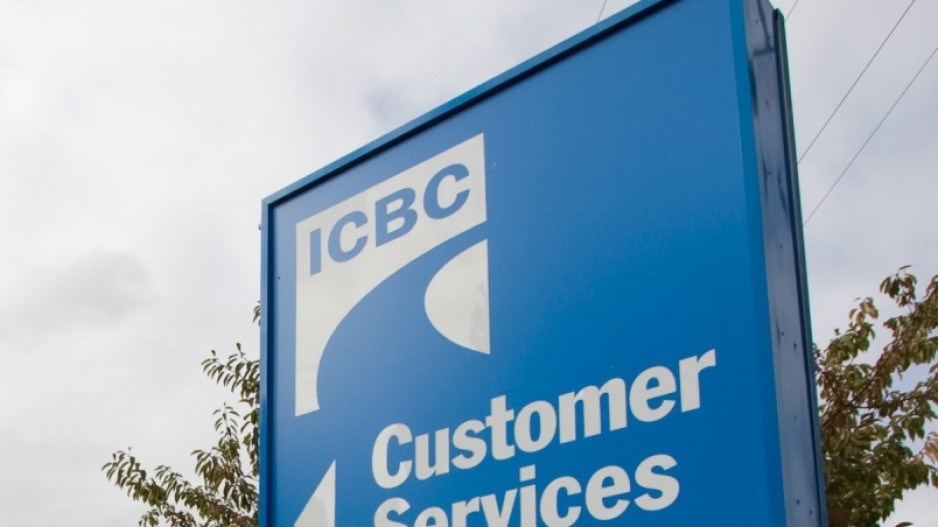The Insurance Corp. of British Columbia is in the middle of what could be one of the most dramatic corporate balance-sheet turnarounds in B.C. history.
The Crown corporation lost about $1.3 billion in fiscal 2017-18 and about $1.1 billion in fiscal 2018-19 — a situation Attorney General David Eby, the minister in charge of ICBC, described as a financial “dumpster fire.”
Aggressive changes followed, and ICBC is expected to generate an $86 million profit in the 2020-21 fiscal year.
The road to that turnaround, and any profit, however, is paved with risks.
Much of ICBC’s past losses stemmed from legal fees, and legislative changes took direct aim at those expenses.
Lawyers are not happy at the prospect of lost business. The Trial Lawyers Association of B.C., which represents about 1,500 legal professionals in the province, has filed a lawsuit that claims the provincial government’s legislated changes, including a $5,500 cap on payouts for claims for minor injuries and pain and suffering and new limits on the amount of expert-witness testimony allowed during trails, are unconstitutional.
ICBC president and CEO Nicolas Jimenez said if the trial lawyers win in their bid to stop the cap on injury claims, his corporation’s balance sheet will take an annual $1 billion hit. If they succeed in stopping ICBC s restrictions on the number of expert witnesses that can be called, that will cost ICBC about $440 million per year.
A separate risk is that ICBC may have underestimated the cost of settling more than 100,000 lawsuits that were filed before legal changes took effect last year, and therefore will be settled using old rules. ICBC expects that they will combine to cost about $16 billion.
Jimenez said that once the changes were announced but not yet in effect, plaintiff lawyers suddenly bumped up their desired price to settle lawsuits. Meeting those higher demands could collide with ICBC’s plans to become profitable next year.
Jimenez said ICBC’s 10-figure deficits were caused by costs shooting up while premium rates were frozen.
Injury costs were the big culprit. They jumped almost 50 per cent between 2014 and 2018. There were more crashes, more injuries per crash and an increase in the average payout for each successful claim. Repair costs also soared thanks to the rising sophistication of vehicle technology. While fixing a windshield or a bumper may have once cost a few hundred dollars, suddenly the costs were in the thousands.
For example, Jimenez said, windshields now have sensors that control multiple functions within a vehicle and are no longer simply curved glass panels.
A plan to list autobody shops in tiers, with the top tier comprising the fastest and least expensive, could help limit costs. Drivers will still be able to choose their body shop, but Jimenez said they are more likely to select top-tier shops because they will expect to get better and more efficient service.
ICBC’s most controversial change is one that Jimenez stressed is revenue neutral.
“The big change we made is we used to insure the vehicle,” he said. “Now, we insure the driver.”
All drivers of a vehicle must be listed on the insurance policy, and 75 per cent of the new premium rate will be based on the driving record of the person who drives the vehicle the most; the remaining 25 per cent will be based on the record of the highest-risk driver. Jimenez said premiums will consequently be reduced for 55 per cent of drivers.
Drivers had been eligible for a maximum safe-driving discount of 43 per cent after nine years. The new system allows for a maximum safe-driving discount of 53 per cent after 40 years.



